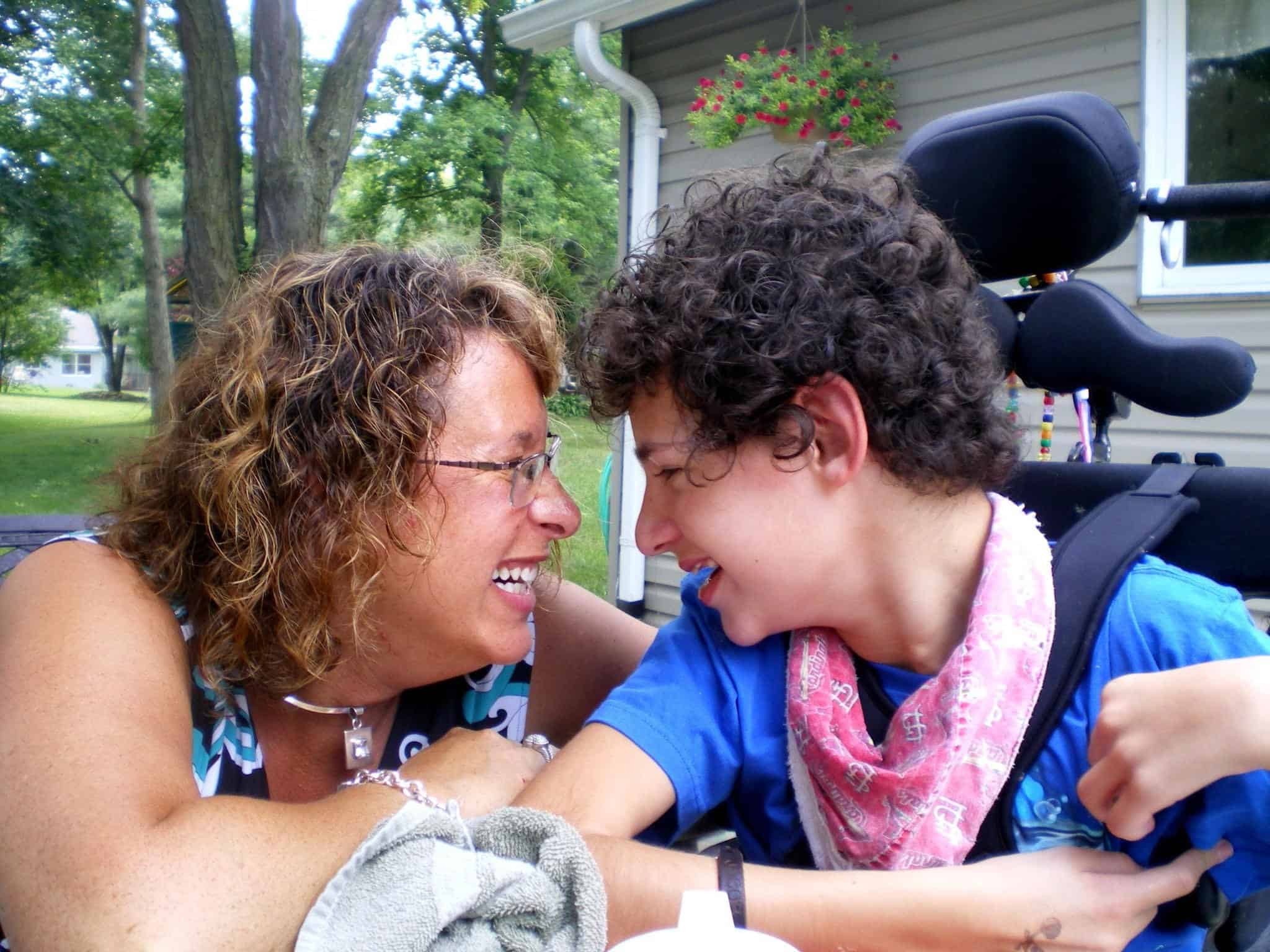Public schools represent our communities’ commitment to giving meaningful opportunity to every child to learn and reach for their potential. Teachers and administrators hope that students, when leaving high school, have the skills they need to make their own way in the world.
But often, when it comes to students who receive special education services, schools actually do something that robs them of their independence. They push the students’ parents to pursue guardianship, which is a dramatic restriction of their liberty.
This problem stems from a misunderstanding of the law. Under the Individuals with Disabilities Education Act (IDEA), students with disabilities have Individual Education Plans (IEPs), which detail the supports that the school will provide to help the student learn and succeed. In addition, the IDEA allows many students with disabilities to stay in school beyond their 18th birthday.
The IDEA says that once a student reaches the age of 18, the right to all educational decision-making transfers to the student, unless the student has been determined to be incompetent. Many school officials have interpreted this to mean that a parent must have guardianship of a student in order to participate in educational decision-making, particularly IEP meetings, after their child turns 18. This is simply not the case.
Guardianship is a significant deprivation of liberty that should never be used without thorough consideration of all options available. As explained in a joint statement from the American Association on Intellectual and Developmental Disabilities and The Arc released earlier this year:
The appointment of a guardian is a serious matter for three reasons: (1) It limits an individual’s autonomy, that is, the individual’s agency over how to live and from whom to receive supports to carry out that choice; (2) It transfers the individual’s rights of autonomy to another individual or entity, a guardian; and (3) Many individuals with I/DD experience guardianship as stigmatizing and inconsistent with their exercise of adult roles and responsibilities.
Once someone enters guardianship it is rare that they are ever restored to competency. Plus, guardianship has a number of collateral consequences including the inability to obtain a North Carolina driver’s license.
Needing assistance with educational decision-making is not an appropriate basis for a guardianship. In fact, all that is actually required is appropriate documentation of a student’s consent to have the parent continue to participate in educational decision-making.
The Charlotte-Mecklenburg School System, for example, requires that the student and the parent complete a form indicating the student’s consent to education-related information. This form enables a parent to participate in IEP meetings and other discussions, but allows the student keeps decision-making authority. Schools also can create a form that indicates the student is not capable of informed consent with respect to educational decision-making and that appoints the parent as the decision-maker on the student’s behalf. Another option is for the family to use a power of attorney that is limited to educational decision-making.
One model that is growing in popularity is supported decision-making. This empowers a person with disabilities to create a network of trusted advisors from whom they seek advice and counsel when they have decisions to make. The agreement is entirely voluntary and can be revoked at any time, unlike guardianship. Also, unlike guardianship, there’s no need to involve a court.
The goal of schools and society at large should be to support young adults with disabilities in continuing to acquire skills and decision-making capacity after their 18th birthday. Therefore, schools need to stop pushing them toward guardianship and start using models that make more sense, such as supported decision-making. Students should not be forced to give up the right to make decisions for themselves throughout their entire lives just so their parents can participate in IEP meetings.



